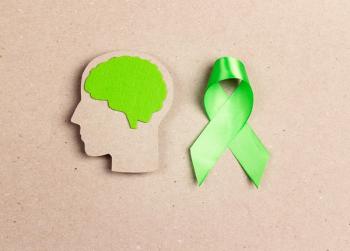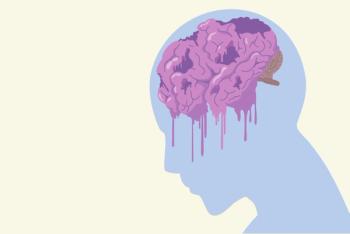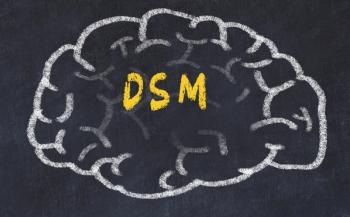
Eleanor Roosevelt's legacy inspires today's leaders to champion human rights, emphasizing mental health and the ongoing fight against discrimination.

Eleanor Roosevelt's legacy inspires today's leaders to champion human rights, emphasizing mental health and the ongoing fight against discrimination.

Explore the profound connections between Thornton Wilder's "Our Town," psychiatry, and the importance of appreciating life's everyday moments.

Explore the intersection of AI and mental health, specifically the implications of technology on clinician well-being and ethical psychiatry.

Explore the intersection of psychiatry and social issues, addressing xenophobia and promoting understanding among diverse communities for a better future.

Explore the significance of the Days of the Dead, reflecting on life, loss, and the importance of mental health during this introspective season.

Explore the complex relationship between Halloween treats, nutrition debates, and mental health, highlighting the need for balanced diets and food accessibility.

Halloween can trigger trauma for some, while others embrace it as a playful way to confront fears and express creativity.

The "No Kings" rallies highlight a growing demand for democratic leadership amid political tensions, reflecting societal concerns over mental health and governance.

As Halloween approaches, the rise in decorations and costumes reflects our cultural response to anxiety and societal challenges.

Pharmacists receive heartfelt appreciation from the public, highlighting their vital role and the need for kindness in healthcare interactions.

Explore the rising burnout rates among pharmacists and their impact on patient care during American Pharmacists Month.

Explore the complexities of moral injuries in the Mideast conflict and their impact on mental health during a historic ceasefire.

Explore the psychological impacts of the Israel-Palestine conflict, emphasizing trauma, identity, and the potential for healing and peace through psychiatry.

Explore the evolving significance of Indigenous People's Day and its impact on mental health, community healing, and historical recognition.

World Mental Health Day emphasizes the importance of mental health access during crises, urging professionals to prioritize their own well-being amidst challenges.


Exploring the psychological impact of global crises, this article highlights the urgent need for mental health interventions amid escalating trauma and grief.

Explore the intersection of music, psychiatry, and hope as Beethoven's 9th Symphony inspires joy amidst despair and conflict in today's world.

H. Steven Moffic, MD, explores the ongoing challenges for women in the military and society, highlighting the need for recognition of their unique contributions.

Exploring the intersection of free speech and psychiatry, this article examines societal risks and the ethical responsibilities of mental health professionals.

Explore the evolving understanding of autism, Tylenol use in pregnancy, and the importance of neurodiversity in today's society.

Explore the significance of moral injury in health care and its impact on trust, especially during the Jewish High Holy Days.

Psychiatrists advocate for mental health rights amid political turmoil, urging reconsideration of harmful health policies affecting vulnerable populations.

Explore the impact of moral injuries on health care workers and the need for systemic change to support their well-being and mental health.

Explore the evolving landscape of moral injury treatment in health care, emphasizing trust, advocacy, and innovative therapeutic approaches.

Moral injuries in health care professionals became an increasing focus during the COVID-19 pandemic, with all the obstacles, uncertainty, and risks of patient care.

This article explores the lasting impact of 9/11 on mental health, moral injury, and the role of first responders in crisis situations.

Explore the impact of moral injuries on mental health professionals, highlighting the urgent need for attention and support in today's health care landscape.

Explore the profound impact of relationships over achievements as we reflect on legacy and the importance of family connections in later life.

Remembering Robert Jay Lifton, MD